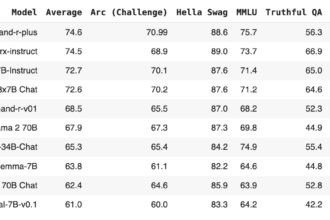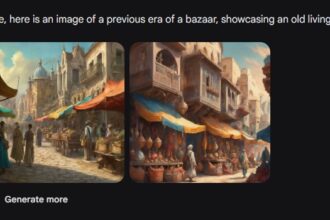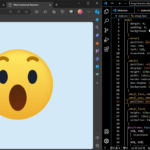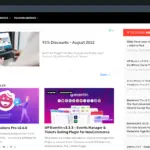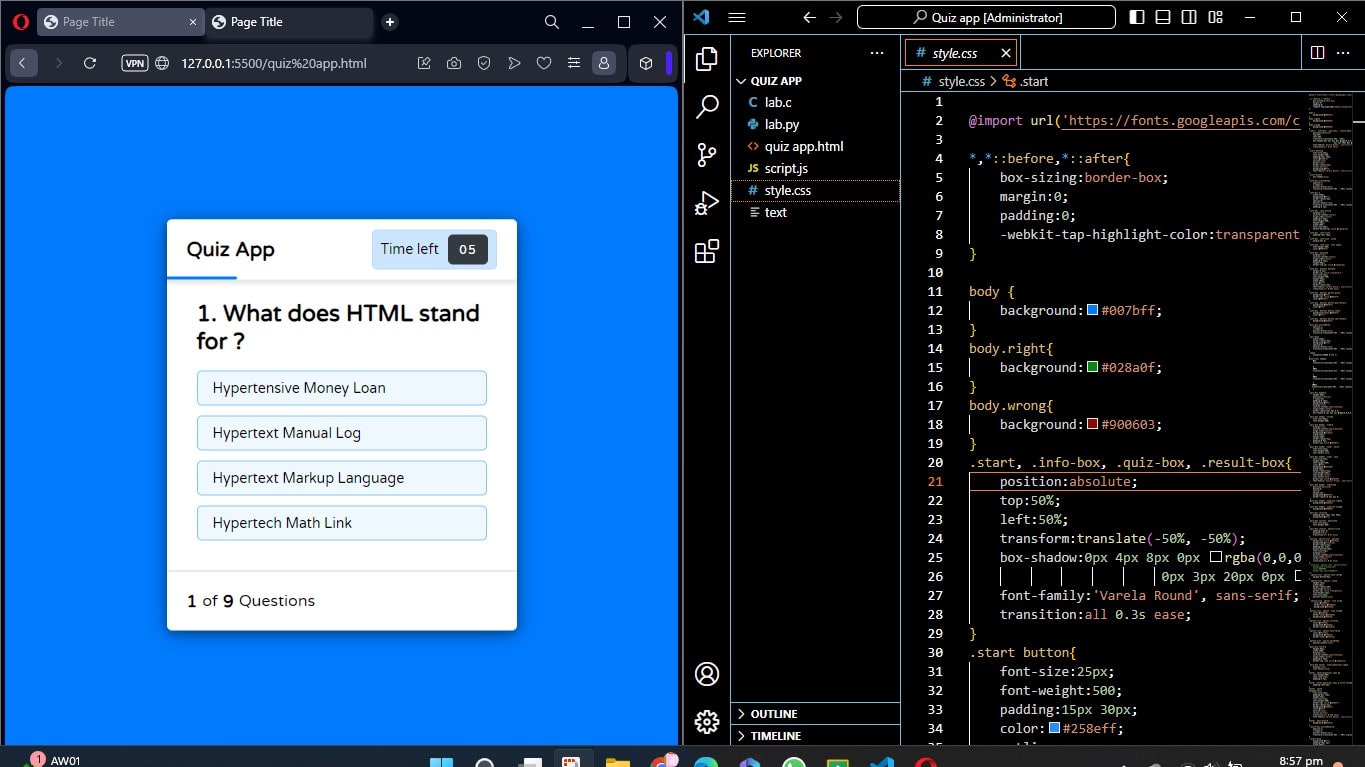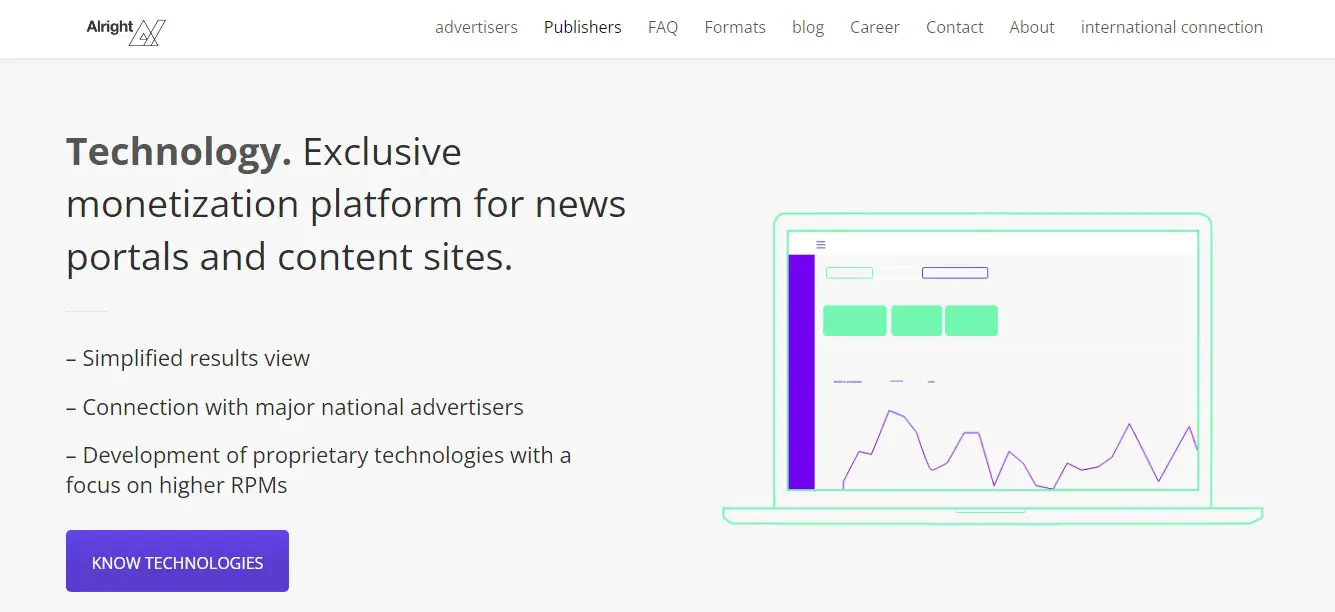On August 30, 2023, Google will update Shocking Content in the Google Publisher Restrictions to include an exception for gameplay images.
In the context of gameplay images, content will only be deemed to “contain shocking, explicit, or hateful accounts or images” or “depict acts of violence” if it depicts acts of torture, sexual violence, violence against minors, or violence against persons known by real names, or violence against an individual or group based on a characteristic associated with systemic discrimination or marginalization.
Effects of this Update on Publisher’s
This update will be effective from August 30, 2023. These requirements affect the use of Google Publisher products, such as:
- Google AdSense
- Google Ads Manager
- AdMob
Please review the update to determine if it affects your site or app. If your site or app previously had ad serving restrictions due to shocking content but you believe you shouldn’t be restricted after an update, you can request a review or appeal of your site or app on or after August 30, 2023.
Google Ads New CMP Requirements: Update For EEA & UK
Google Publisher Restrictions
Google helps enable a free and open Internet by providing the ability for publishers to monetize their content and for advertisers to reach potential customers with relevant and useful products and services.
Publisher restrictions specify which content is restricted from receiving certain ad sources. If your content is marked as restricted, fewer ad sources will be eligible to compete for it.
In some cases, this may mean that your content will not be competed for by any ad source, and therefore no ads will appear on your content.
Please note that Google Ads ads (formerly Ad Tools) will not appear on content with these restrictions. So, while you can choose to monetize content that is covered by the Google Publisher Restrictions, that content is likely to receive the least amount of advertising compared to other content that is not under these restrictions.
The Google Publisher Restrictions are divided into two main categories: Content restrictions and Behavioral restrictions.
Content Restrictions
This category includes various types of content that are restricted from receiving certain advertising sources. Examples of restricted content include:
- Sexual content: Content that contains nudity, sexually suggestive material, or discussions of sexual fetishes and sexual entertainment.
- Shocking content: Content that contains graphic or disgusting imagery, depicts acts of violence, or prominently features obscene language.
- Explosives: Content that promotes explosive products or contains instructions for creating explosive items.
- Guns, gun parts, and related products: Content that promotes the sale of firearms, gun parts, or provides instructions on enhancing firearms’ functionality.
- Other weapons: Content promoting the sale of weapons designed for self-defense or combat.
- Tobacco: Content that promotes the sale of tobacco and tobacco-related products.
- Recreational drugs: Content promoting substances that alter mental states for recreation or drug-related products.
- Alcohol sale or misuse: Content facilitating the online sale of alcoholic beverages or promoting irresponsible alcohol consumption.
- Online gambling: Content that enables users to participate in real-money online gambling or games of chance.
- Prescription drugs: Content promoting the online sale of prescription medication.
- Unapproved pharmaceuticals and supplements: Content promoting the sale of unapproved pharmaceuticals and supplements.
- App removed from Google Play Store: An app that has been removed from the Google Play Store for violating policies.
Behavioral Restrictions
These restrictions pertain to specific behaviors related to ads:
- Ads interfering: Google-served ads are not allowed to fully or partially obscure content for any period of time.
- Content obscuring Google-served ads: Content is not allowed to fully or partially obscure Google-served ads.
The text emphasizes that while publishers can choose to monetize content covered by Google Publisher Restrictions, such content may receive fewer advertisements compared to non-restricted content. Additionally, Google Ads (formerly AdWords) will not serve on content labeled with these restrictions.
Overall, Google strives to maintain a balance between enabling a free and open internet while ensuring the safety and appropriateness of the content and ads displayed to users.
Summary:
Google is updating its Shocking Content Policy, which restricts content that contains gruesome or violent imagery and obscene language. However, in the new update set to take effect by August 30, 2023, Google is excluding gameplay imagery from these restrictions. Gameplay content will no longer be considered shocking unless it portrays specific types of violent acts, such as torture, sexual violence, violence against minors, or violence related to systemic discrimination or marginalization.
This change aims to provide more clarity and specific criteria for determining what constitutes shocking content within the context of gameplay imagery. Google wants to strike a balance between allowing creative expression in video game content while still ensuring the platform remains free from excessively violent or offensive material.
Content creators and publishers are advised to review the revised guidelines carefully to ensure their site and app comply with the new rules. This update reflects Google’s evolving stance on gameplay content, aiming to create a safer and more inclusive platform while respecting the diverse nature of gaming content and sites/apps.



